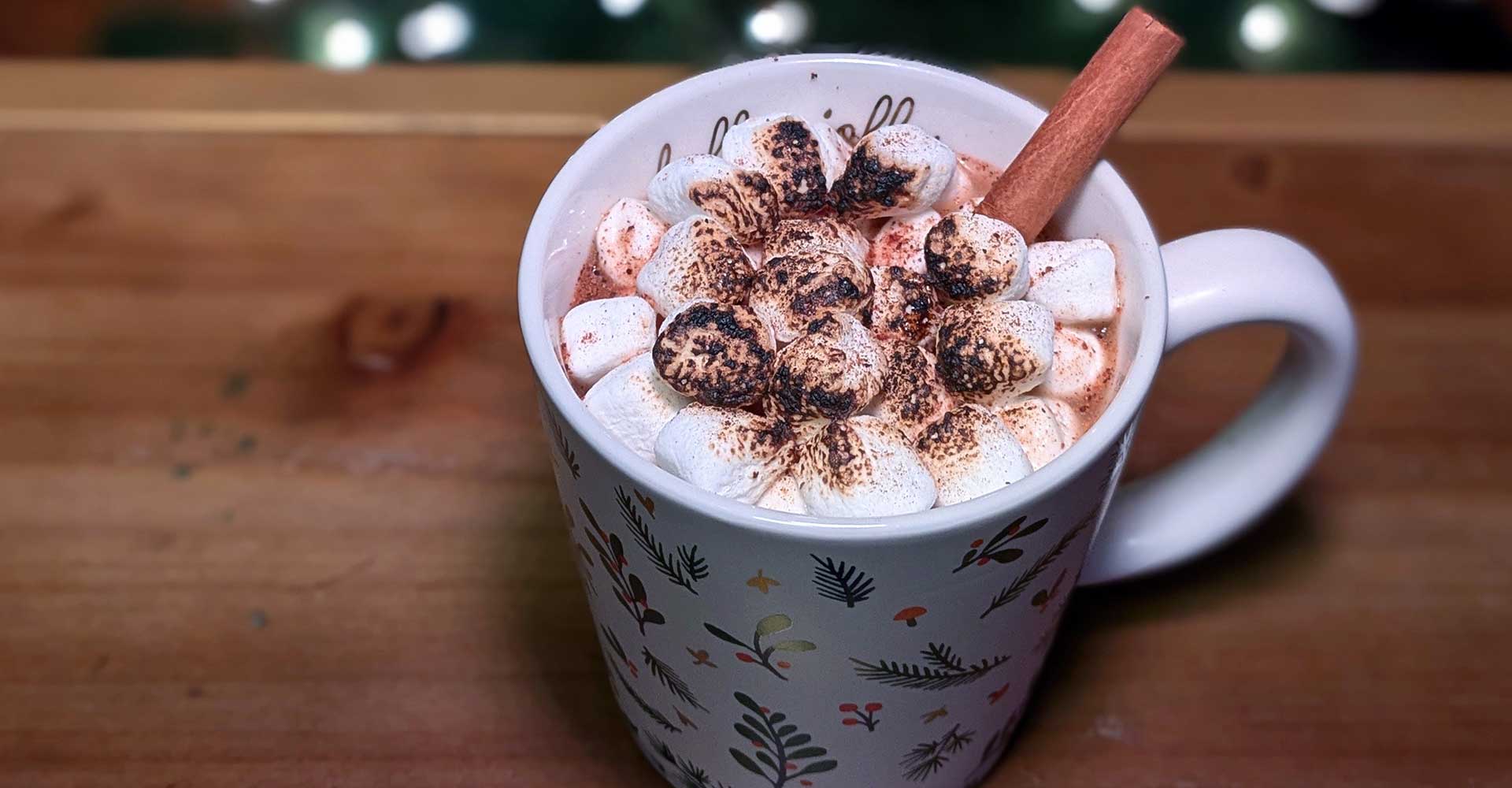
Holiday Cocktails To Keep Your Spirits Bright
Whether whimsical or warming, festive cocktails can be a great addition to winter celebrations.
Showing 121-140 of 282 articles

Whether whimsical or warming, festive cocktails can be a great addition to winter celebrations.
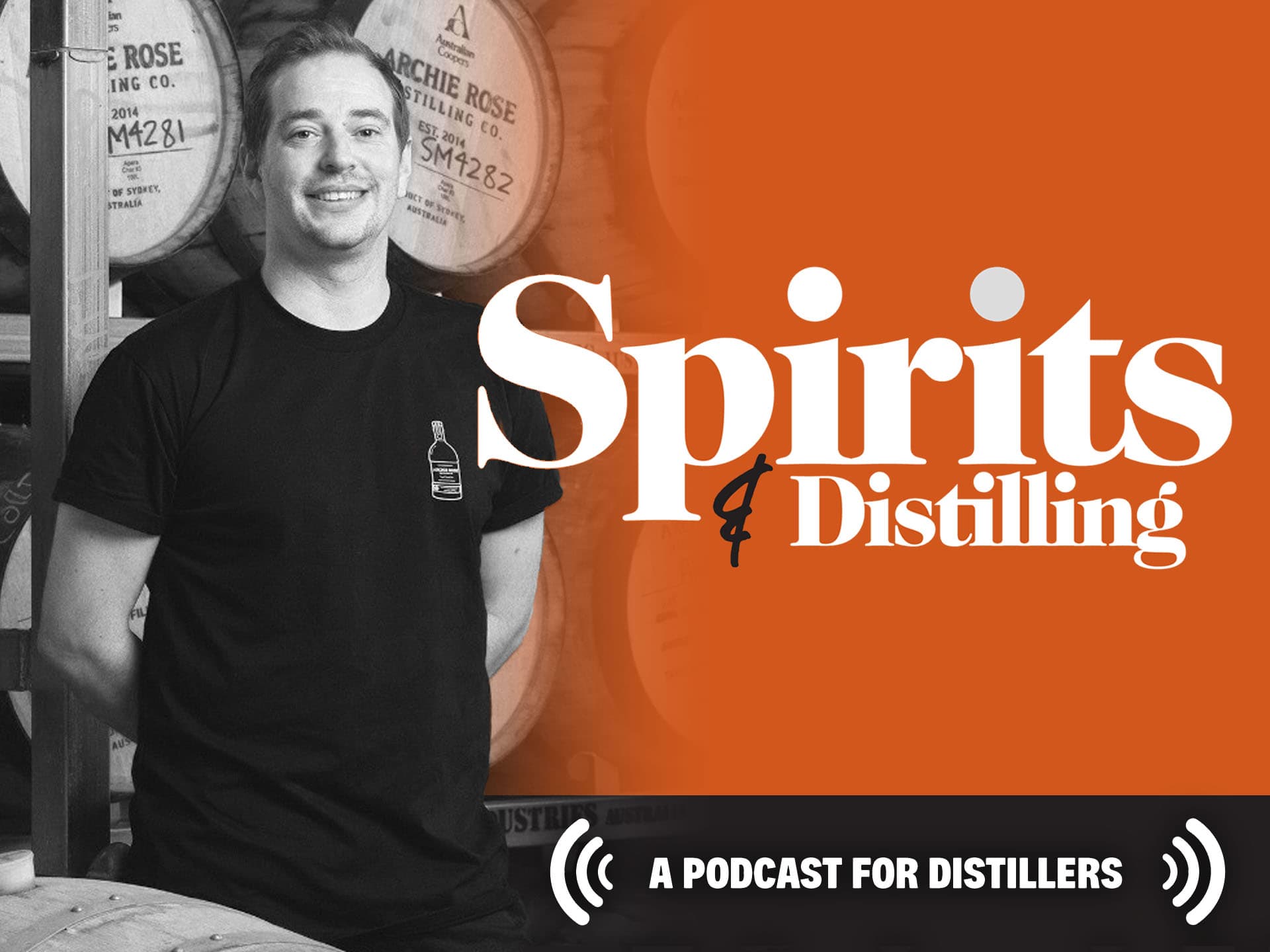
The senior spirits blender at Sydney's award-winning Archie Rose shares his perspectives on sensory analysis, blending, and producing distinctive spirits with Australia’s ingredients and climate.
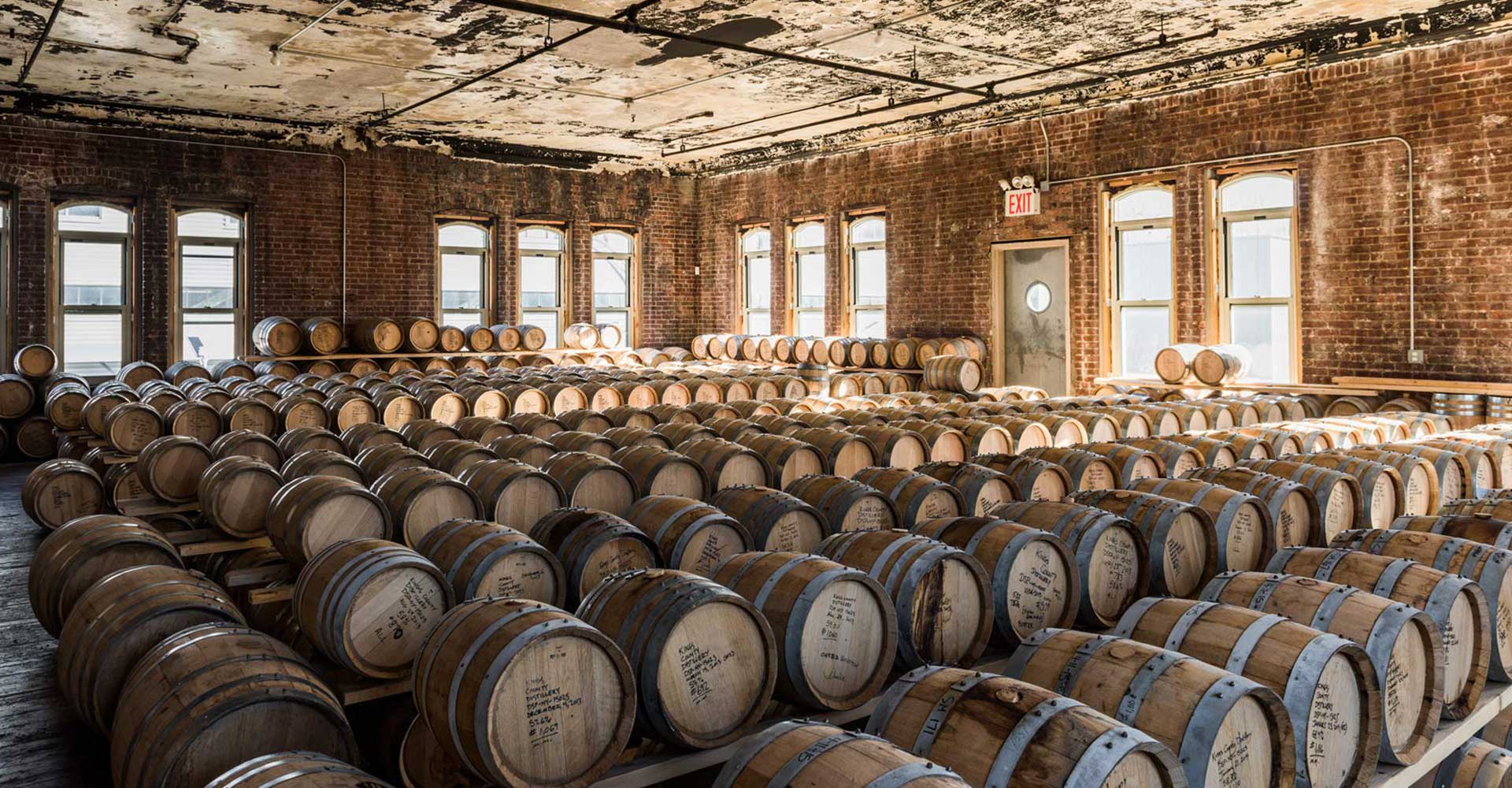
While smaller vessels can speed up certain types of aging reactions, the results are uneven among different aspects of maturation. Let’s look closer at what’s happening inside those barrels.
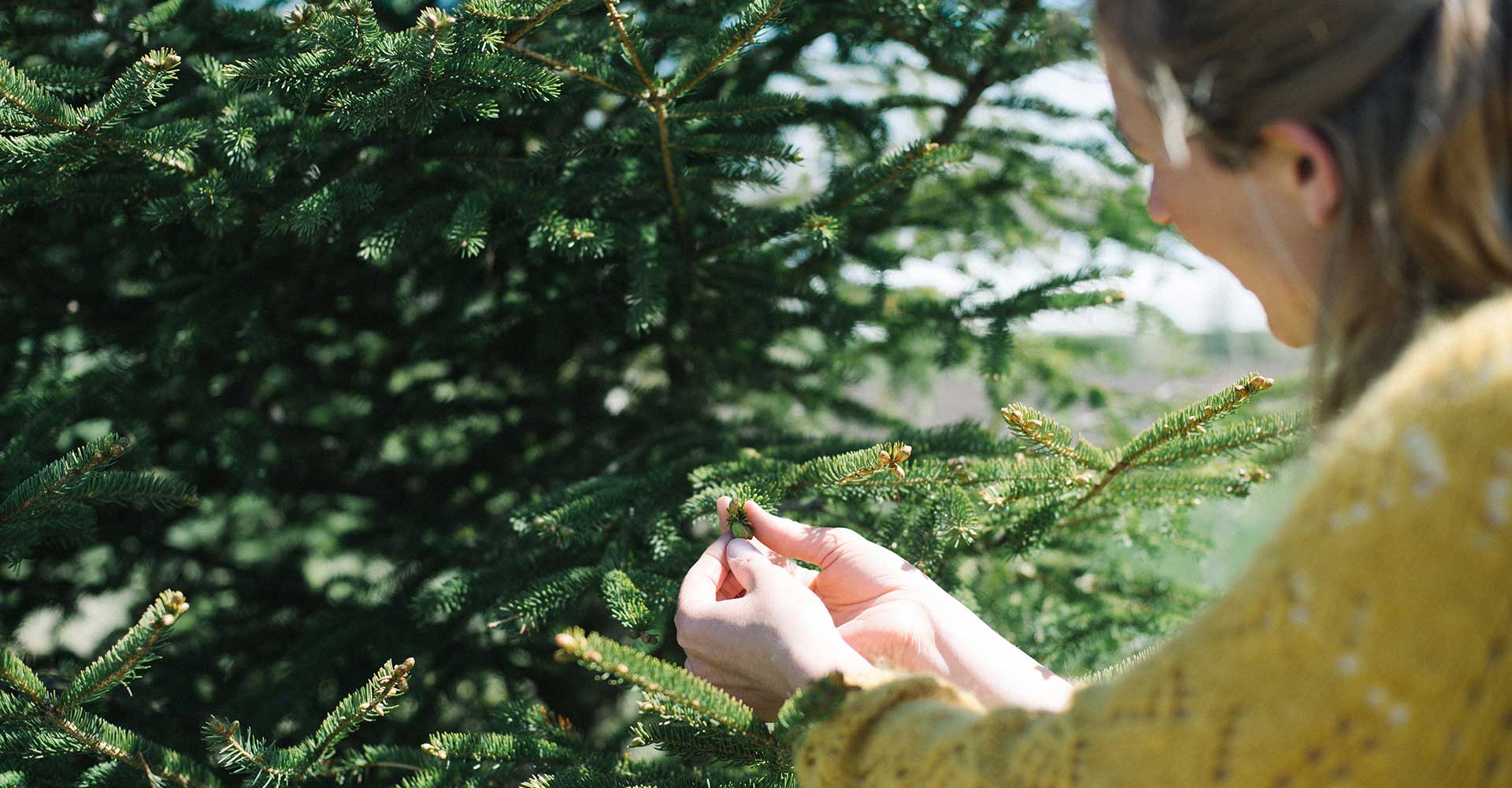
Spirits that feature foraged ingredients offer unique flavors while appealing to locally minded drinkers.
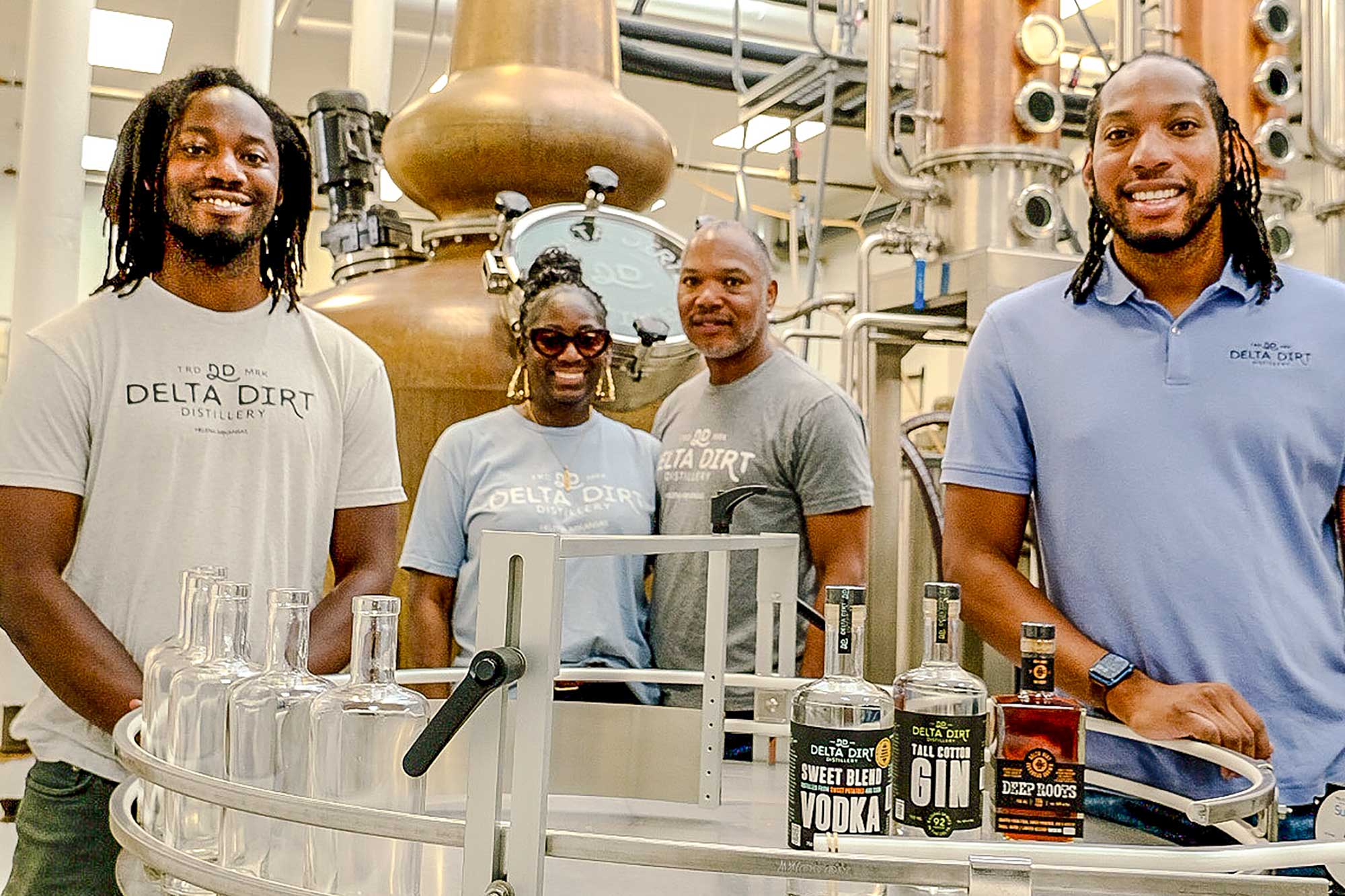
This Arkansas farm distillery infuses its award-winning spirits with a family history and hometown heroism, earning it a national spotlight.
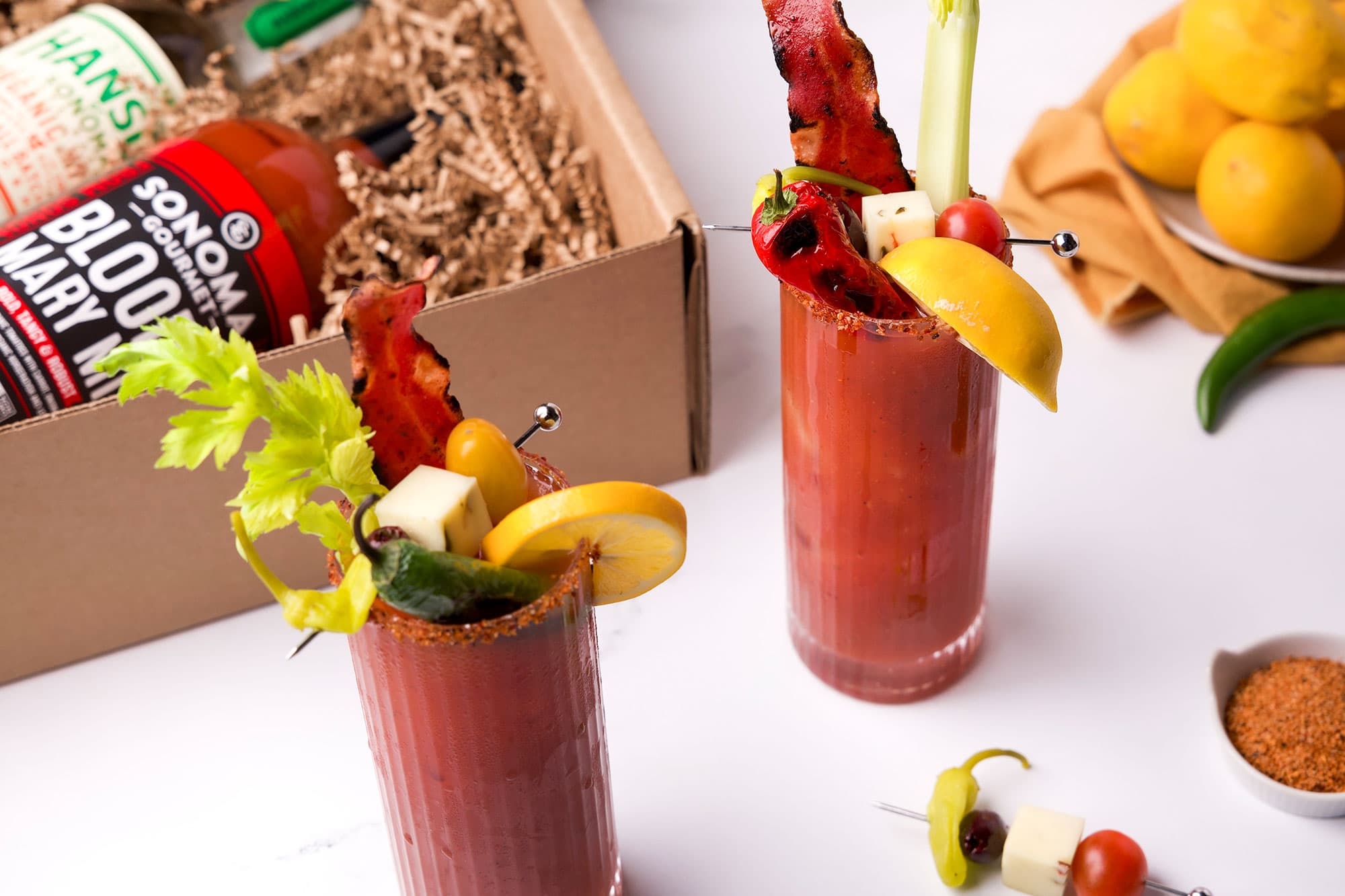
Cocktail kits, premixes, premium RTDs, and gift boxes can help provide an extra revenue stream for independent distilleries.

Over her 30+ years at Jack Daniel’s, Sherrie Moore served in a variety of roles, from working in the visitor’s center in the mid-70s through stints as chemist, processing manager, warehousing manager, and more before retiring as director of whiskey production. Now, she works with spirits brands in a consulting capacity, sharing the knowledge she built over decades of bust-and-boom producing whiskey for one of the world’s largest brands.

Properly gauging ethanol in a distilled spirit is essential to ensuring proper reporting and avoiding heavy fines from the TTB.

Nate Randall, founder and distiller at California’s Hinterhaus, describes the happy accident and lessons learned in crafting ACSA’s reigning Innovation Award winner.
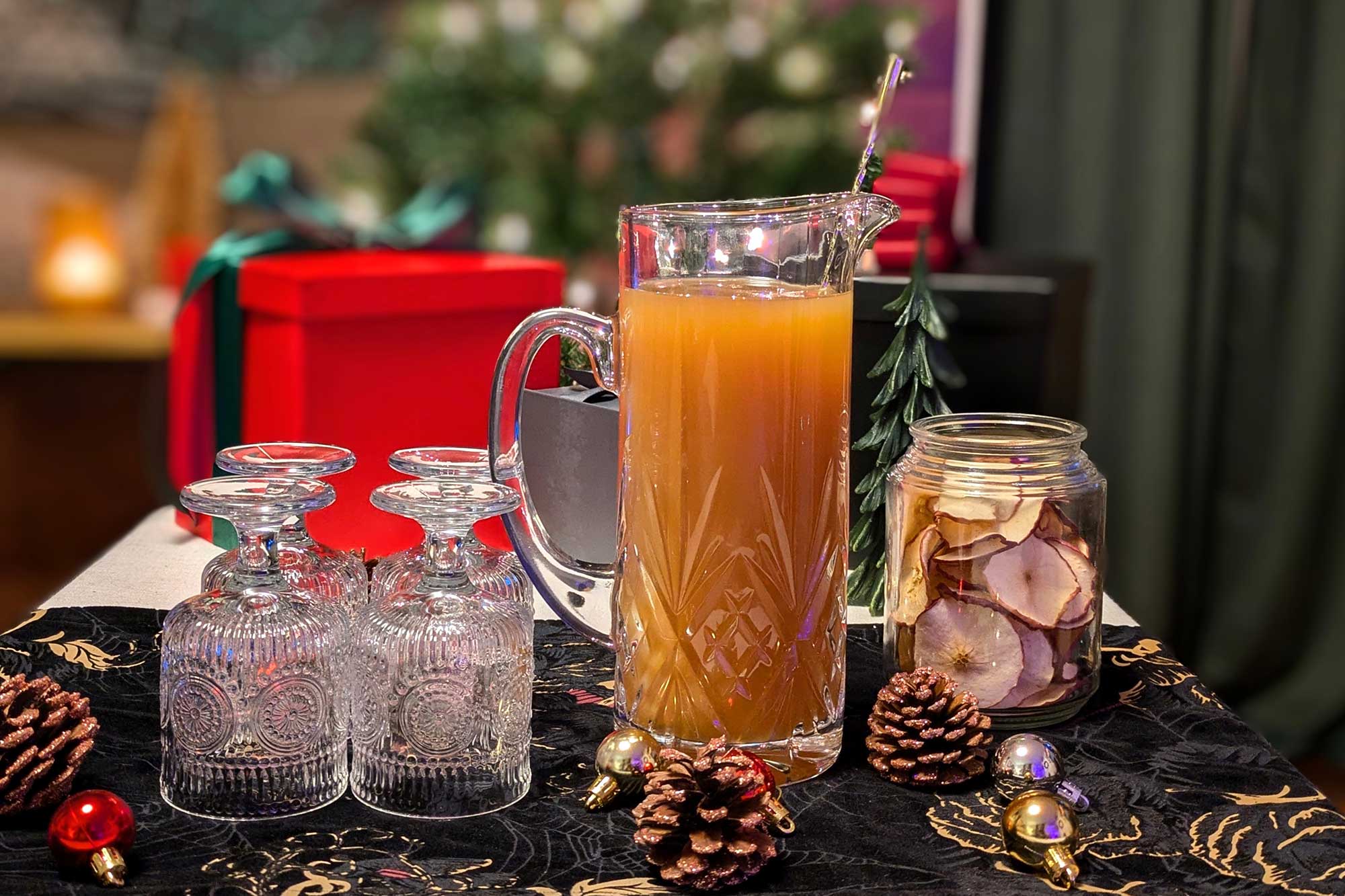
It’s holiday party season, but do you really want to be stuck behind that bar? Few things are as festive as a large bottle or pitcher of your chosen cocktail, ready to pour. Here are tips and recipes for preparing that cheer and making it memorable.
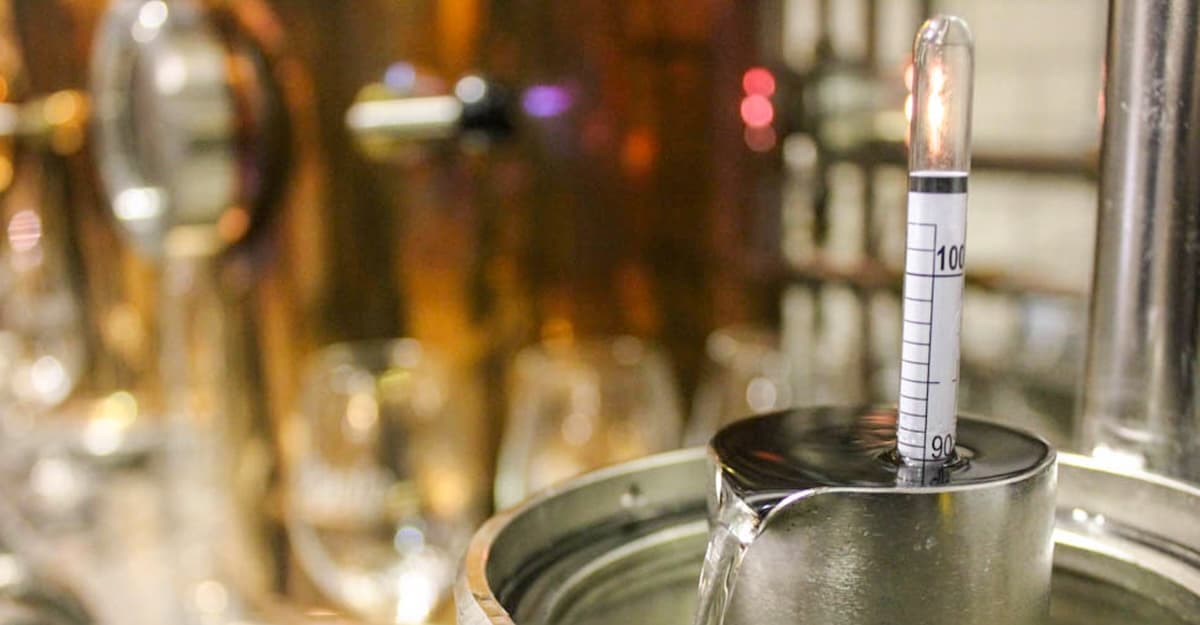
The way a distiller makes cuts will help to define the flavor and aroma of their spirit—but it doesn’t have to be complicated.

The world of gin, from the creative and technical side to marketing and sales, is experiencing the same flux that’s affecting the broader craft-spirits world. But Ward—veteran spirits journalist, brand builder, and consultant—offers a broad look at the category, from evolving definitions and flavors to breakthrough marketing.
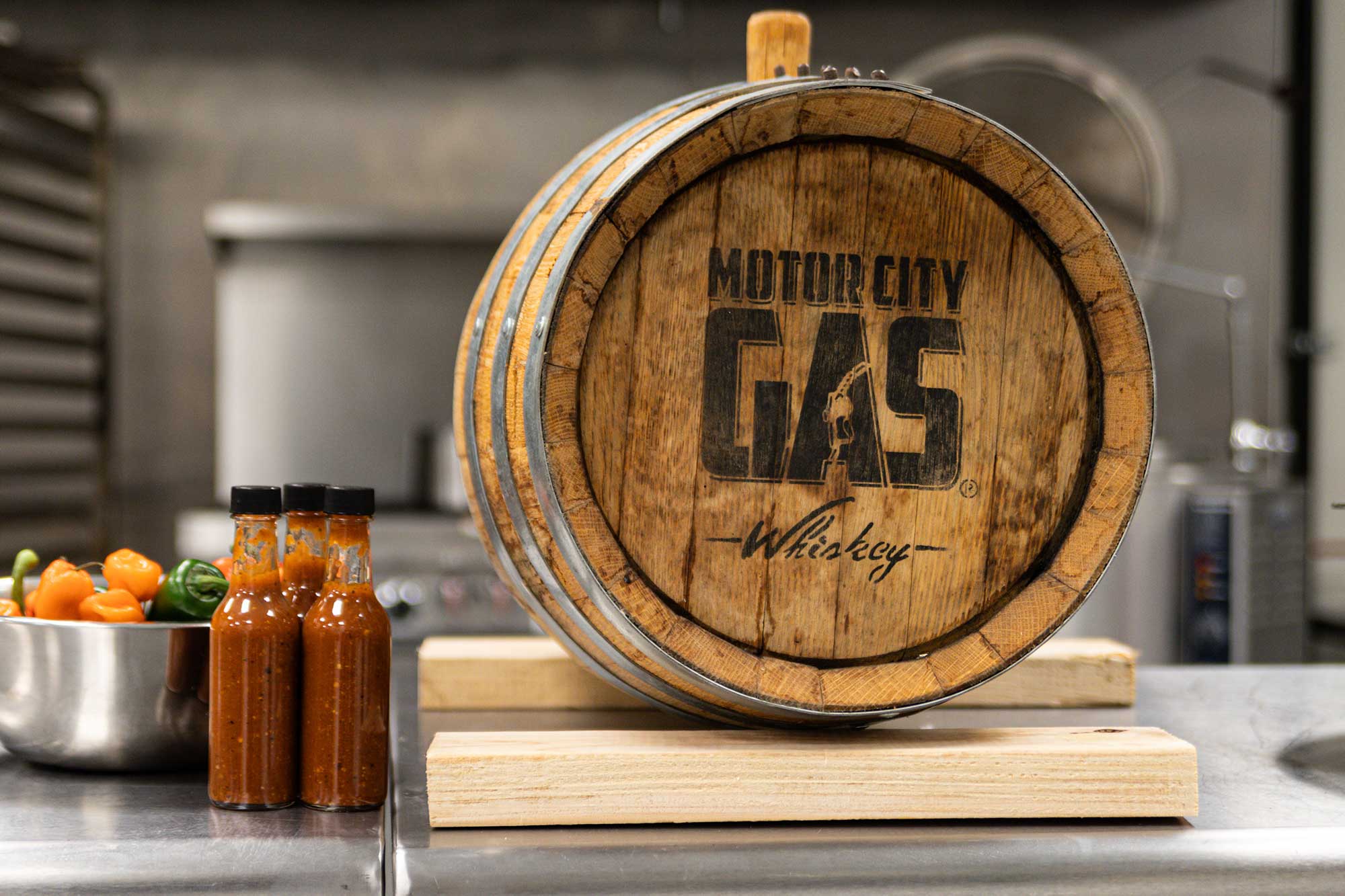
Successful collaborations need not be limited to alcoholic beverages. Coffee, chocolate, and hot sauce are among the many products with flavors that may be compatible with your spirits—and with customers who appreciate them.
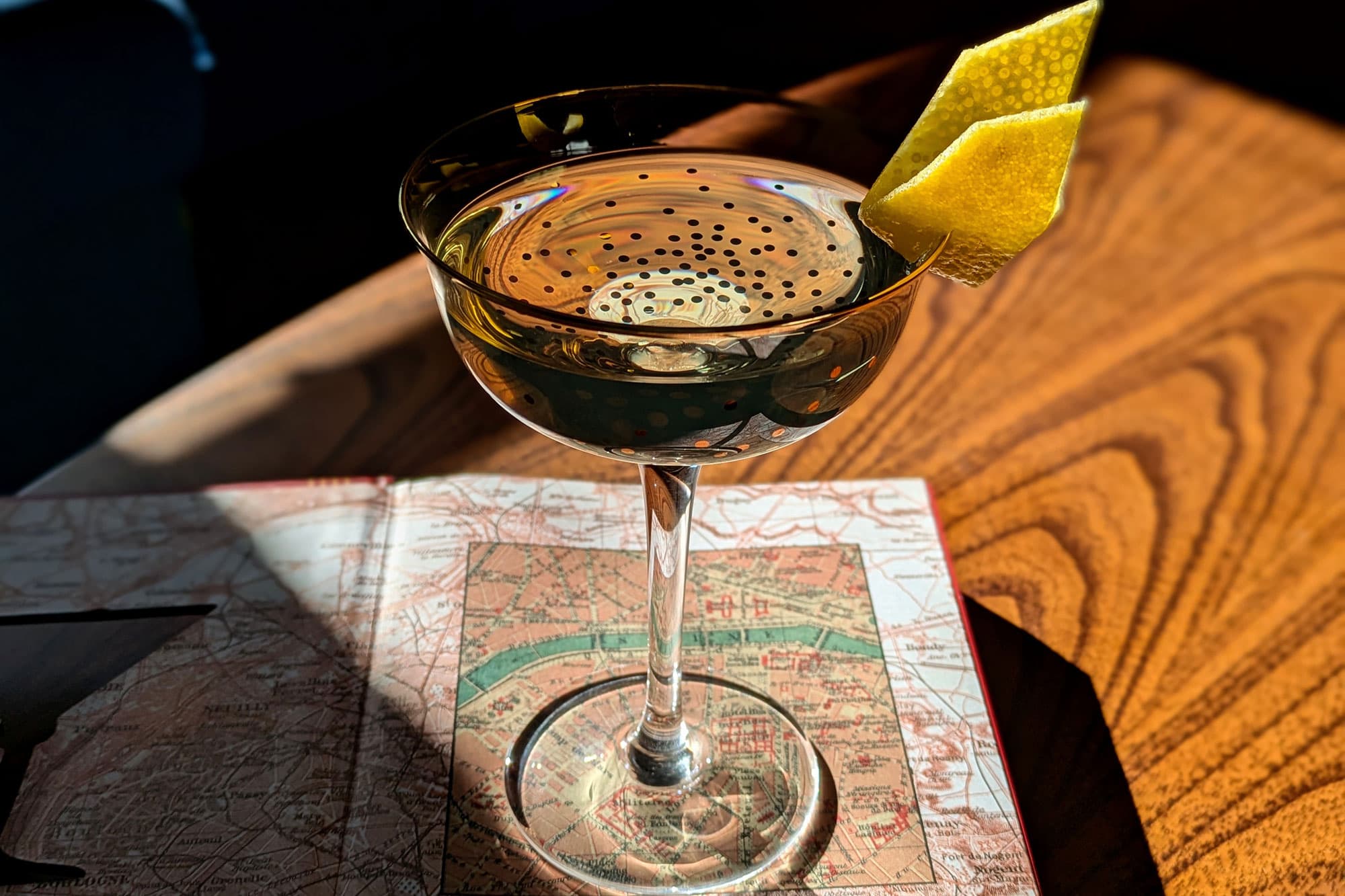
With an eye toward modern craft spirits, top bartenders share their favorite riffs on two classic drinks: the swizzle and the negroni.
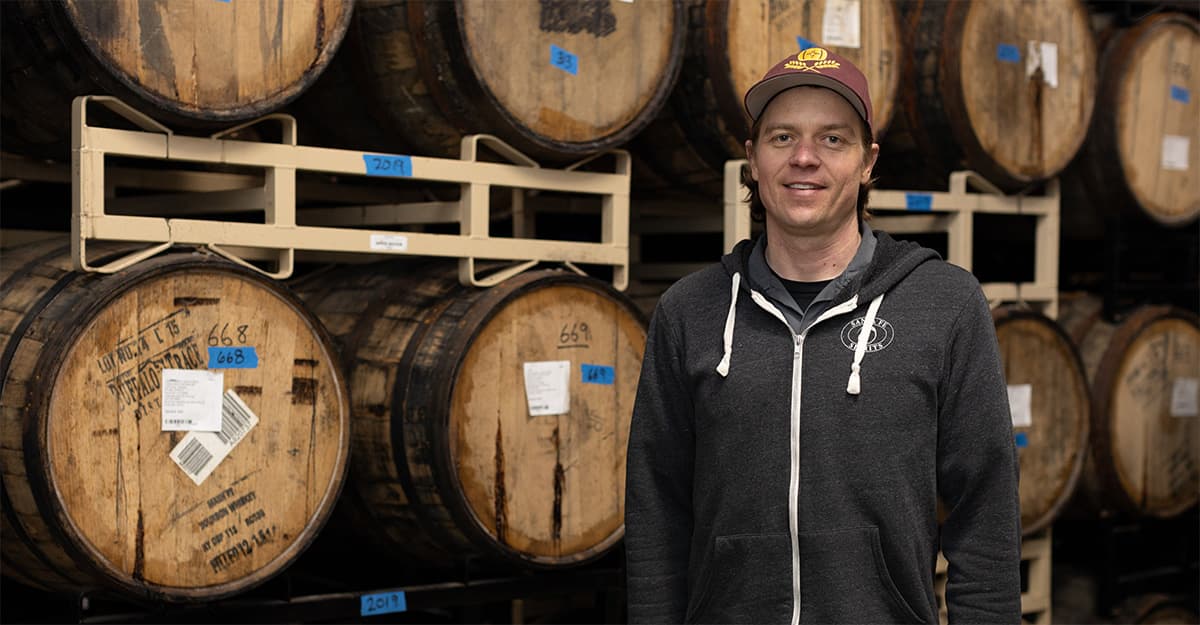
In this clip from his video course, master distiller Stephen Julander discusses how whiskey mellows with time, and he enjoys being able to blend from both new-oak and previously used barrels at Santa Fe Spirits.
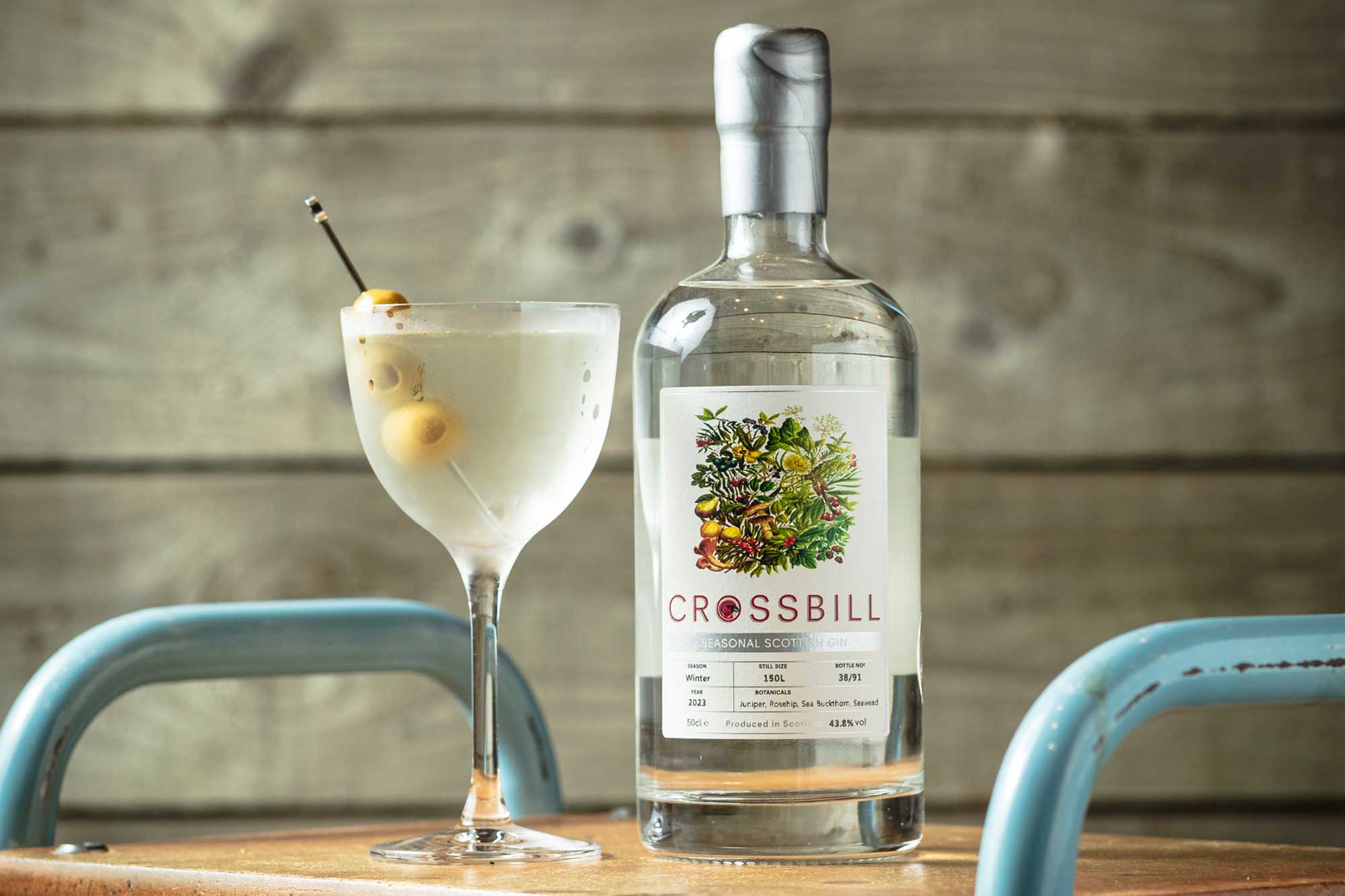
Some smaller distilleries are tapping into a wide range of botanicals to create gins meant to evoke (and be enjoyed in) the cooler weather.
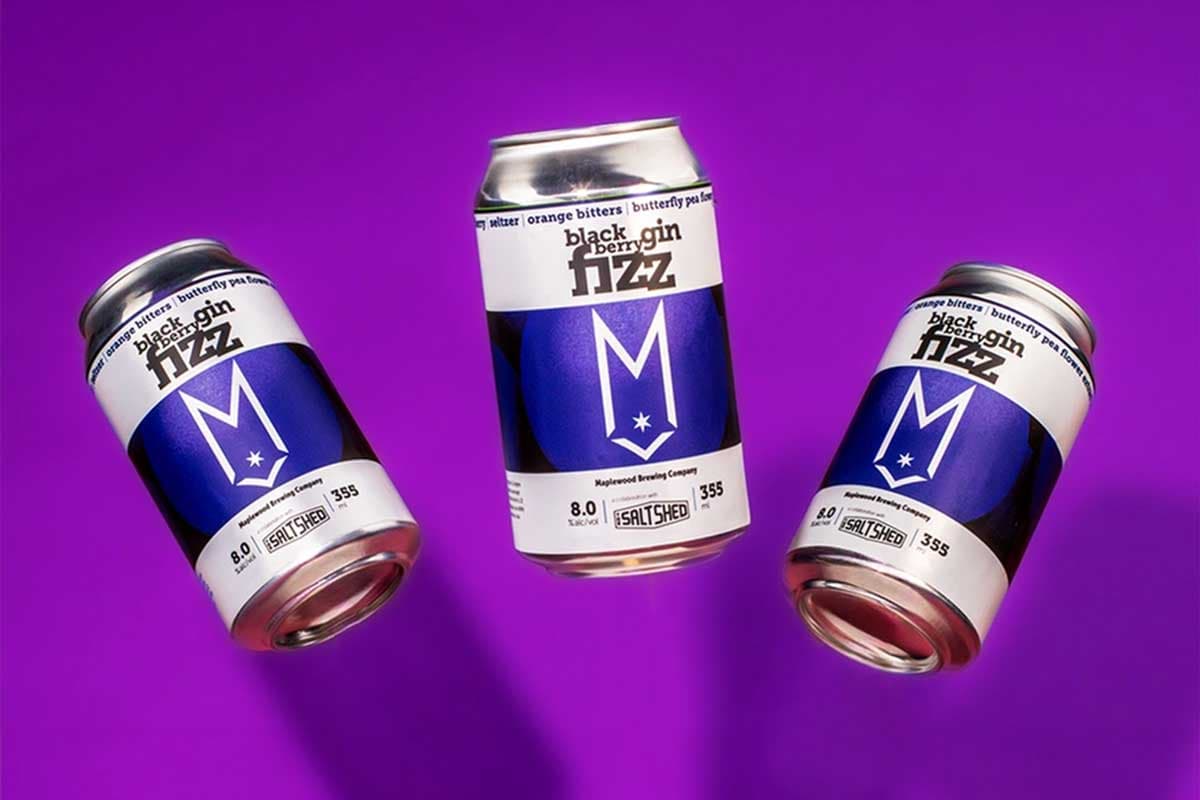
Fruit can be a valuable addition to packaged, ready-to-drink cocktails, but it takes research and care to produce a safe, shelf-stable product.

The head distiller and blender in Tucson, Arizona, is embracing the scorching desert climate and local flavor—namely, mesquite-smoked malt—to craft distinctive whiskeys while making transparency integral to the brand.
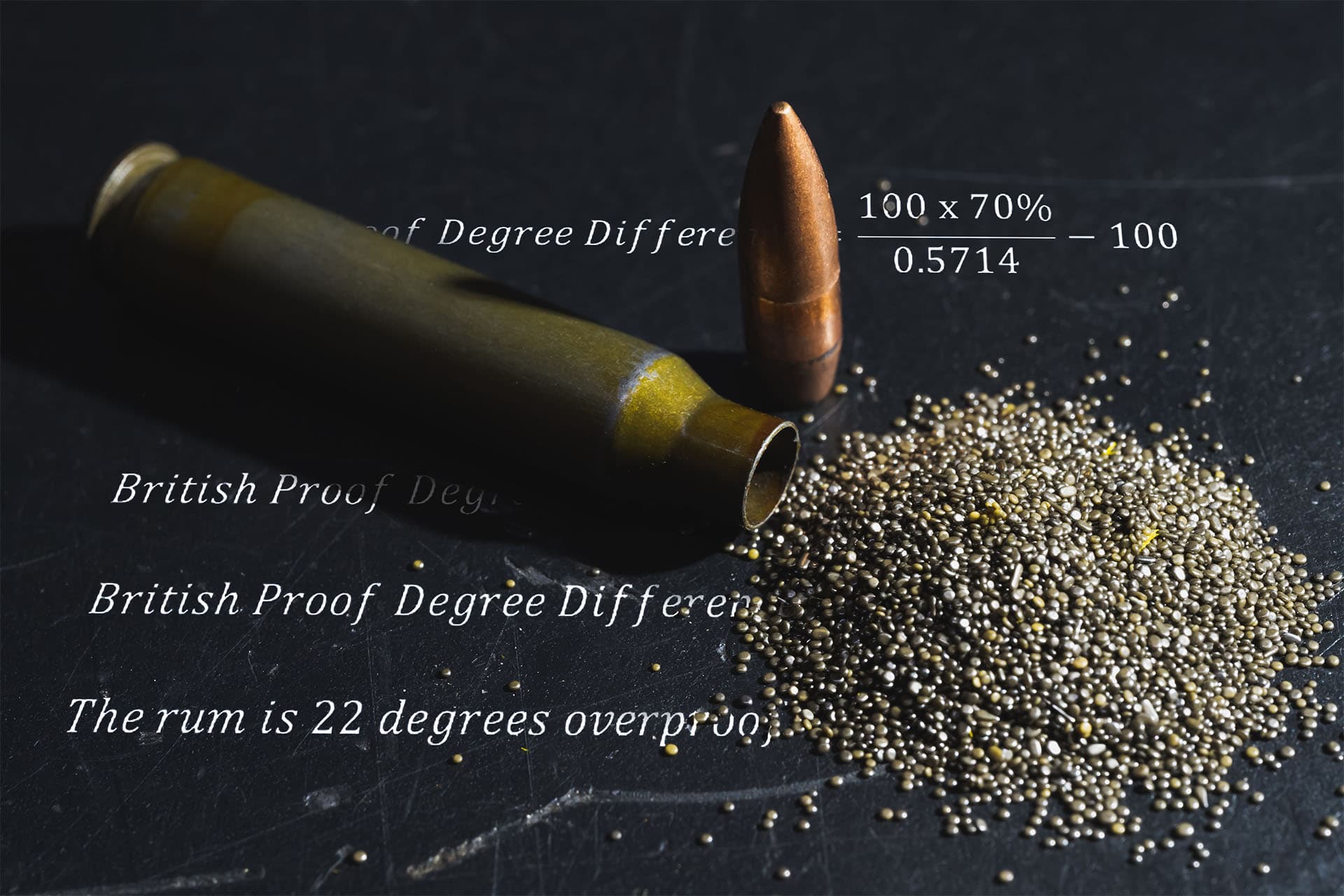
While ABV and proof are the most common methods for measuring spirit strength, they aren’t the only ones. Here’s a look at two alternative methods that you should know.
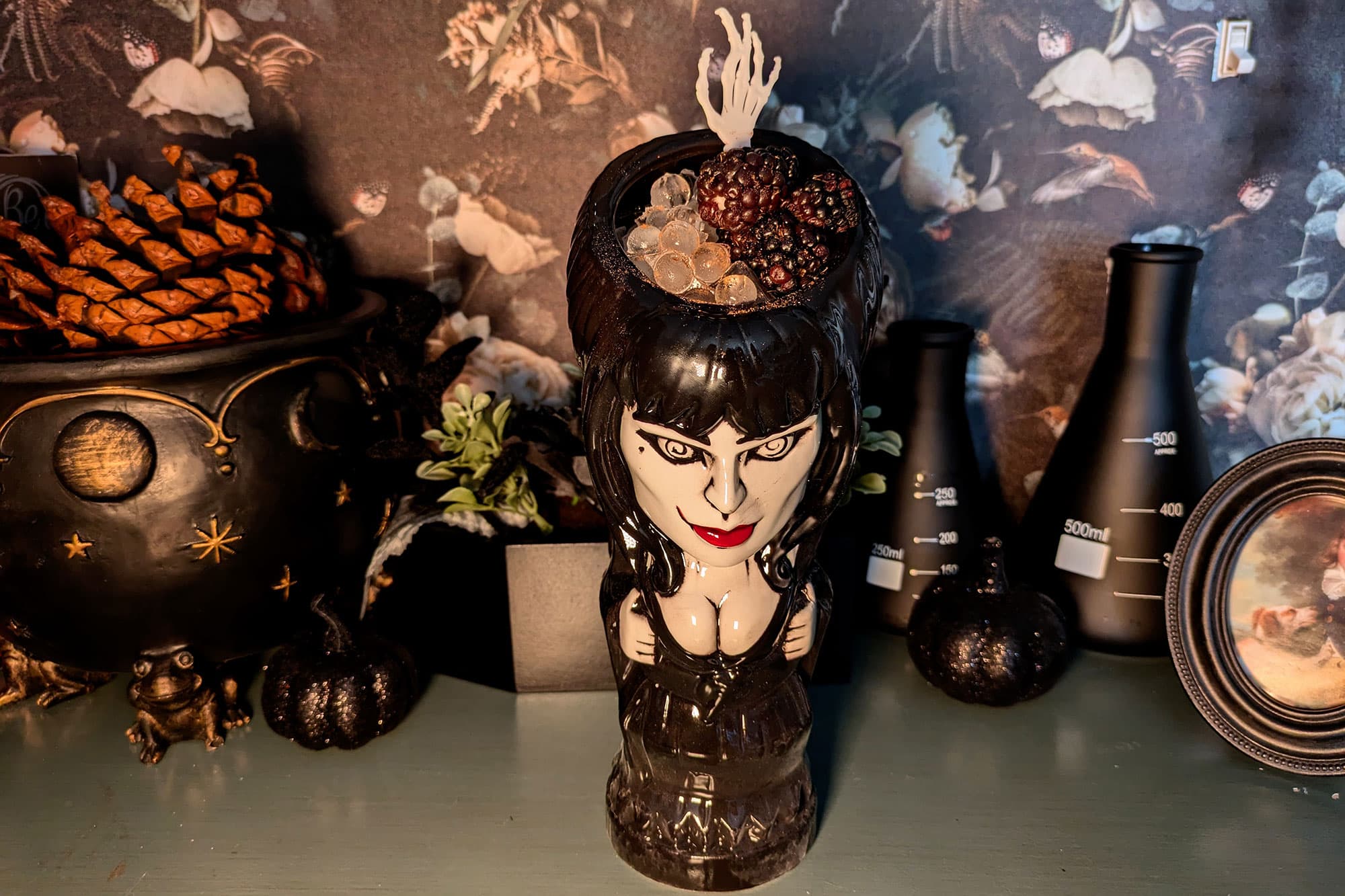
Fall drinks that deliver to your guests delight (or fright) can be so much more than Halloween gimmickry and red food coloring. Here’s how to elevate them while making use of great craft spirits.